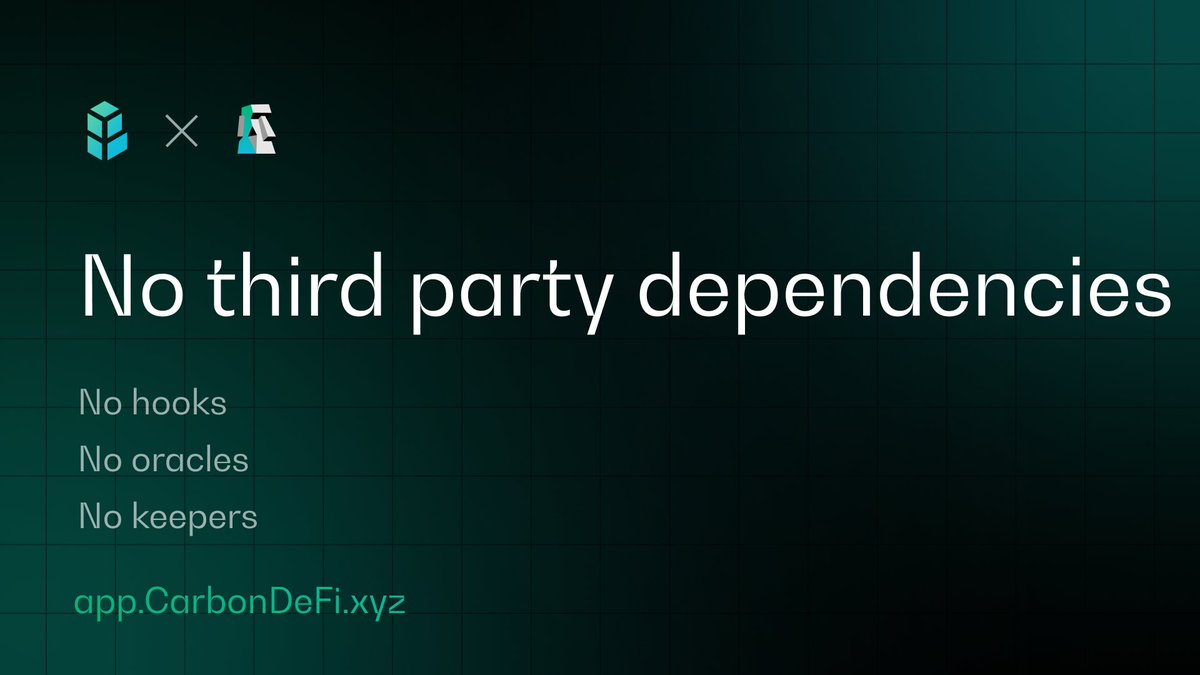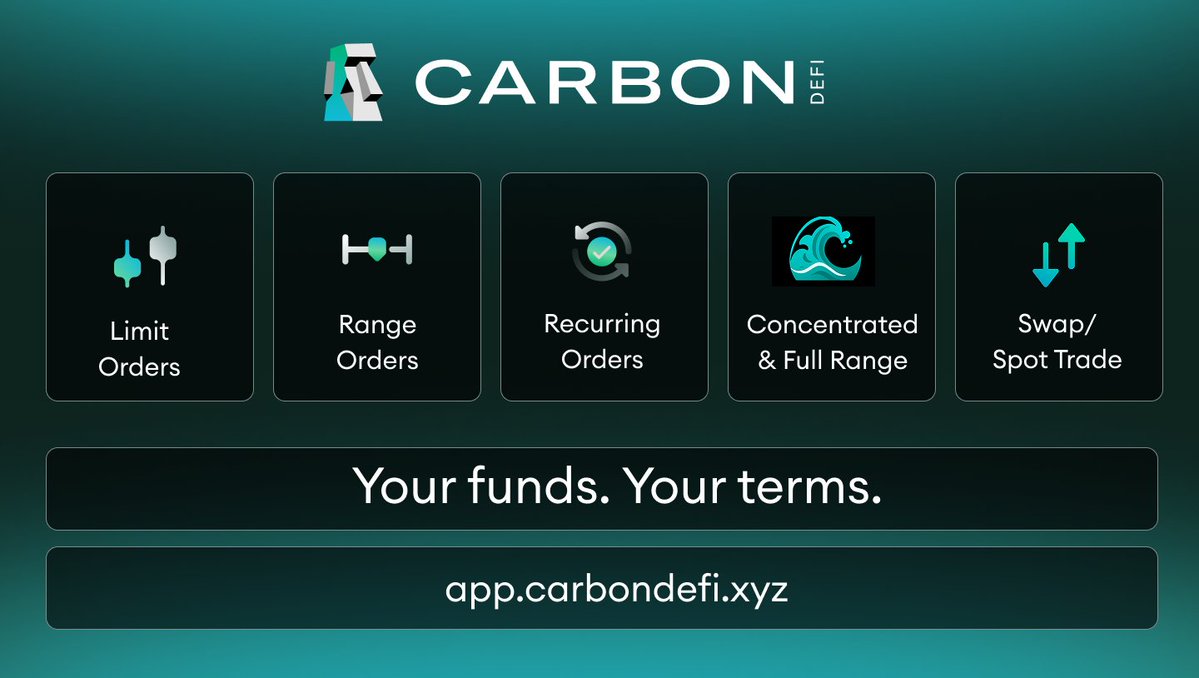Bancor price
in EURCheck your spelling or try another.


About Bancor
Bancor’s price performance
Bancor on socials






Guides

Bancor FAQ
Bancor is an ecosystem of decentralized, open-source protocols designed to provide liquidity and trading opportunities for small market value tokens. By leveraging blockchain technology, Bancor enables seamless and efficient transactions, creating a robust liquidity infrastructure for various cryptocurrencies.
Holding BNT, the native token of Bancor, comes with several benefits. Firstly, BNT allows users to actively participate in the Bancor ecosystem. Additionally, BNT holders have the opportunity to earn passive income through staking and participating in governance activities. By holding BNT, users can have a stake in shaping the future of Bancor and the broader DeFi ecosystem.
Easily buy BNT tokens on the OKX cryptocurrency platform. OKX’s spot trading terminal includes the BNT/USDT trading pair.
You can also swap your existing cryptocurrencies, including XRP (XRP), Cardano (ADA), Solana (SOL), and Chainlink (LINK), for BNT with zero fees and no price slippage by using OKX Convert.
Dive deeper into Bancor
In the world of cryptocurrencies, some individuals may choose to explore beyond the well-known cryptocurrencies and focus on altcoins. While smaller cryptocurrencies have significant growth potential, they often face challenges such as limited support and liquidity. To tackle these challenges, projects have emerged to offer solutions that aim to address these issues and support smaller cryptocurrencies in the market. One such project is Bancor.
What is Bancor
Bancor is a decentralized ecosystem that provides liquidity for small market value tokens. It has built-in tradable ERC-20 tokens that act as reserves. New tokens are issued using smart contracts in exchange for the reserve ERC-20 tokens.
Essentially, the project acts as an ecosystem of decentralized, open-source protocols that promote on-chain liquidity and trading.
The Bancor team
Bancor was co-founded by Galia and Guy Benartzi in 2017. The project gained significant attention and support during its token sale, raising an impressive $153 million. Notably, prominent investor Tim Draper, a partner at Draper Fisher Jurvetson (DFJ), participated in the token sale. Bancor garnered significant interest from over 11,000 investors, making it one of the largest token sales of 2017.
How does Bancor work
Bancor uses its decentralized trading protocol, Carbon, to enable users to execute automated trading strategies. By leveraging custom on-chain limit and range orders, users have the flexibility to combine and create various buy-low-sell-high strategies that are executed automatically.
Carbon orders are designed to be irreversible once executed, providing a reliable trading experience. Additionally, they are easily adjustable and resistant to MEV sandwich attacks, enhancing the security and integrity of the trading process.
Bancor’s native token: BNT
Launched in June 2017, BNT is Bancor’s ERC-20 native cryptocurrency. BNT does not have a maximum supply. Its total supply currently sits at 161.19 million, while its circulating supply is 153.03 million as of June 2023.
BNT token use cases
In addition to powering the platform, BNT has multiple use cases within the Bancor ecosystem. It serves as a medium for trading and staking, providing users with opportunities to engage in these activities. Furthermore, BNT acts as a governance token, granting token holders the ability to actively participate in the decision-making process and shape the future direction of the project.
Distribution of BNT
BNT is distributed as follows:
- 50 percent was issued to contributors of the fundraiser.
- 20 percent was allocated to partnerships, public bounties, and community grants.
- 20 percent went to the Bancor Foundation’s long-term operating budget.
- 10 percent was kept by the founders, team members, advisors, and early contributors.
Disclaimer
OKX does not provide investment or asset recommendations. You should carefully consider whether trading or holding digital assets is suitable for you in light of your financial condition. Please consult your legal/tax/investment professional for questions about your specific circumstances. For further details, please refer to our Terms of Use and Risk Warning. By using the third-party website ("TPW"), you accept that any use of the TPW will be subject to and governed by the terms of the TPW. Unless expressly stated in writing, OKX and its affiliates (“OKX”) are not in any way associated with the owner or operator of the TPW. You agree that OKX is not responsible or liable for any loss, damage and any other consequences arising from your use of the TPW. Please be aware that using a TPW may result in a loss or diminution of your assets. Product may not be available in all jurisdictions.



































